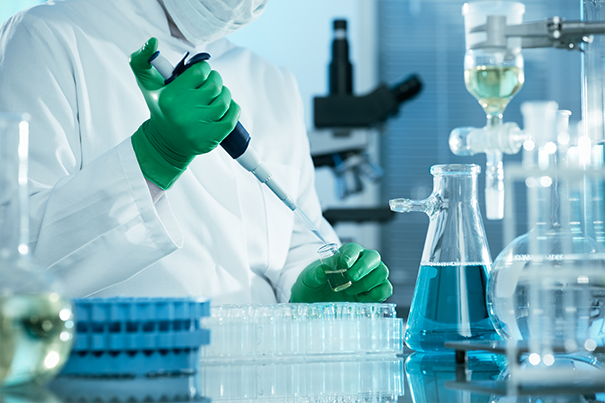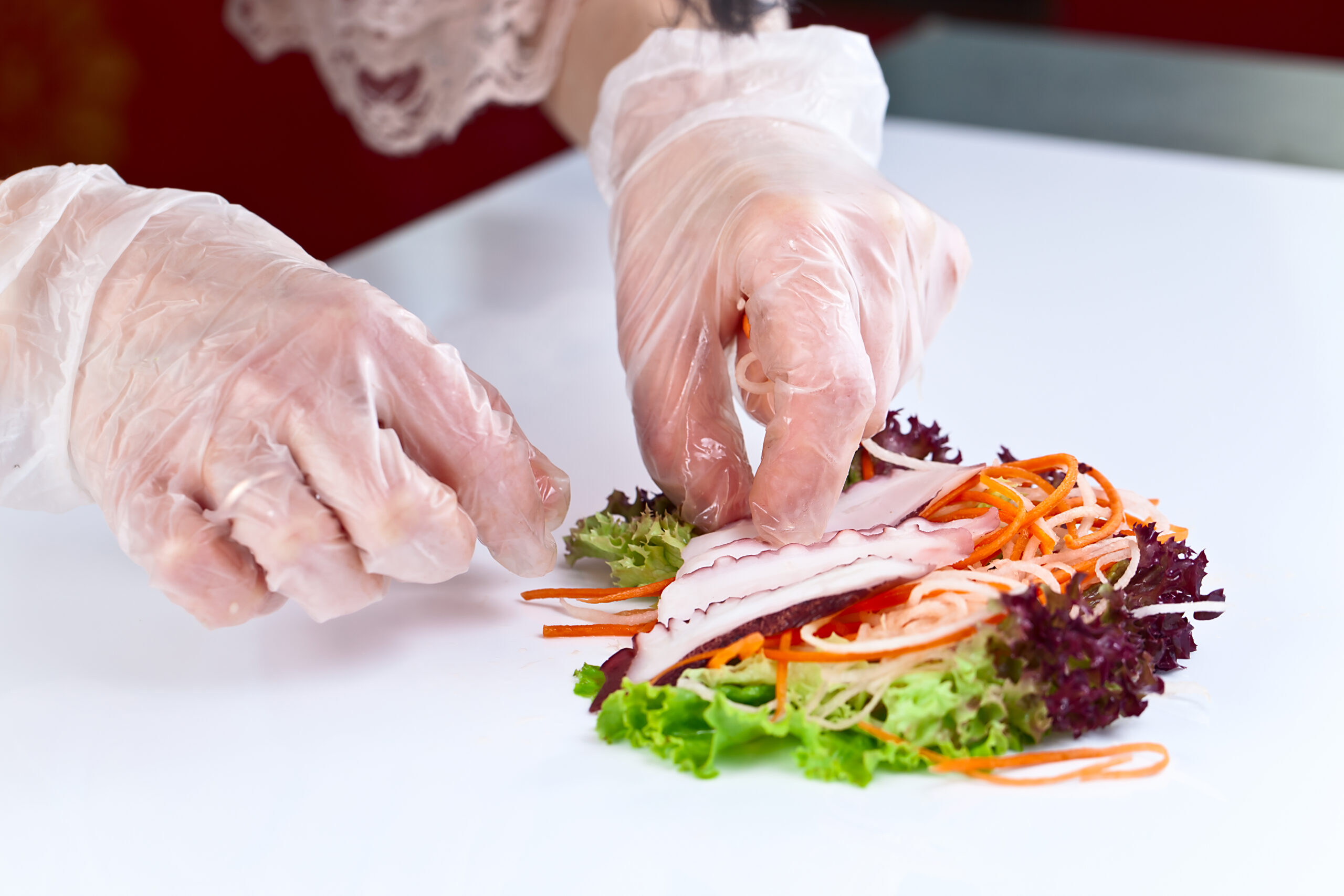Glove Intelligent Assistant
12.05.2023

Hand mobility and being able bodied are often taken for granted. However, we should always maintain hand safety, especially in the workplace. Gloves are hugely important as PPE (Personal Protective Equipment) and can determine the outcome of hand safety in hazardous environments. In serious cases, not using proper PPE can result in the accidents that affect future hand mobility. The Occupational Health and Safety Administration (OSHA) and the Bureau of Labor Statistics (BLS) report that 70% of workers who experienced a hand injury were not wearing gloves.
Furthermore the US Department of Labor reports that 23% of all workplace related injuries involve injuries of the hand and fingers. The BLS details that an estimated 1 million workers need emergency medical care due to a severe hand injury every year. This week’s blog will discuss common workplace environments where glove safety and compliance are necessary.
It is important to use gloves in laboratory environments. Gloves provide a physical barrier between the skin and hazardous chemicals and other substances that may cause harm to the body. Not only do gloves protect against the various chemicals used in laboratory workspaces, they are also used to maintain sterile environments. Gloves prevent cross contamination between samples or surfaces, which is extremely vital in maintaining controlled trials of products. It is also vital to maintain sterile environments in order to prevent the spread of pathogens or microorganisms.

Compliance in wearing gloves ensures safety for workers and establishes a safe working environment. Our PF-95GW gloves contain SW’s BreachAlert and EnerGel technology, which are perfect for laboratory needs. EnerGel hydrates and soothes the skin, allowing for more comfort throughout the day. Especially for those that wear multiple pairs of gloves daily. In the environment where changing gloves may inhibit the spread of pathogens, BreachAlert is an innovative design involving dual color breach detection. The dual-layer provides extra durability and safety as well. All of the chemical permeation times are listed on our website.
Another environment, which the ASK GIA has talked extensively about, is the healthcare industry. In the hands of medical professionals, gloves create a protective barrier between healthcare professionals and patients, reducing the risk of transmitting infectious microorganisms when being in close proximity with each other. Gloves help protect patients from other potential cross-contamination during medical procedures, such as surgeries or examinations. SW’s various glove technologies can enhance healthcare worker’s performance while using gloves as well. DriTek absorbs sweat by providing an inner cotton flock lining in the glove.
SW’s EnerGel technology has a natural cooling effect, working to reduce the optimal environment for sweat accumulation while providing user comfort when working long hours in gloves. SW gloves carry the fentanyl resistant label, which is certified through rigorous clinical testing following the American Society of Testing and Materials’ (ASTM) D6978 Standard Practice for Assessment of Resistance of Medical Gloves to Permeation by Chemotherapy Drugs. The tests have determined SW gloves to be resistant up to 4 hours and were also tested against simulated gastric acid.
The food industry is another environment where gloves are necessary. Gloves help prevent cross-contamination between different types of food. By changing gloves between tasks or when handling different food items, the risk of transferring allergens, pathogens, or flavors from one food to another is minimized. Wearing gloves helps prevent foodborne illnesses and the transfer of pathogens between people.

Many food safety regulations and standards, such as the Food Safety Modernization Act (FSMA) in the United States, require the use of gloves in certain food handling processes. Compliance with these regulations ensures that food establishments maintain high standards of safety and sanitation. SW’s Bantam is a light weight TPE glove that is ideal for food industry workers.
The ASK GIA blog has previously discussed the agricultural, automotive, and general industrial industry as well. Gloves can protect the hands of workers from various hazards. These hazards can include cuts, abrasions, punctures, chemical exposure, extreme temperatures, and electrical shock. Our GraphEx (G66200) glove series offers thick cut protection required for glass and sheet metal handling without compromising the flexibility, dexterity and grip of the glove.
SW’s proprietary AxiFybr yarn used to manufacture the GraphEx series is engineered at the molecular level to be 45% stronger and 21% more cut-resistant without sacrificing fit or comfort. SW’s KarbonHex (KX41, KX42 and KX10) glove series is the preferred choice for most of the lightweight jobs requiring sensitivity and dexterity in handling small, lubricated parts. The series is specifically designed for ergonomic hand protection with its nitrile palm coating. SW gloves are catered to the many needs of our customers. More information on each glove series can be found under the specific product listings on our website.